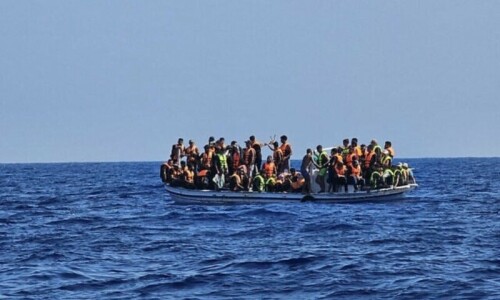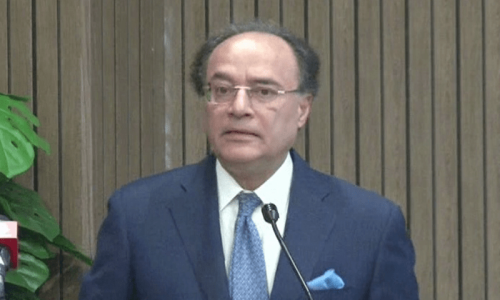Azerbaijan says 2,783 soldiers killed in Nagorno-Karabakh fighting

Azerbaijan said on Thursday that nearly 2,800 of its soldiers were killed in recent fighting over Nagorno-Karabakh, the first details it has released of military losses in weeks of clashes with Armenian forces.
The defence ministry in Baku said in a statement that “2,783 servicemen of the Azerbaijani armed forces were killed in the patriotic war”, adding that 100 more soldiers were missing.
Yerevan had earlier announced that 2,317 Armenian troops died during the conflict, which also claimed the lives of at least 93 Azerbaijani and 50 Armenian civilians.
The ethnic Armenian enclave of Nagorno-Karabakh broke away from Azerbaijan in a war in the early 1990s that left some 30,000 people dead and displaced many Azerbaijanis that used to live there.
Fresh clashes between Armenia and Azerbaijan broke out in late September, persisting despite efforts by France, Russia and the United States to broker ceasefires.
Armenia and Azerbaijan signed a Moscow-brokered peace deal on November 9 after Baku's army overwhelmed separatist forces and threatened to advance on Karabakh's main city Stepanakert.
Under the agreement, Armenia lost control of seven districts that it seized around Karabakh during the 1990s war.
The peace deal sparked celebrations in Azerbaijan but fury in Armenia, where protesters took to the streets to denounce the country’s leadership for losses in the territory, which broke from Azerbaijan’s control during a war in the early 1990s.
Armenian Prime Minister Nikol Pashinyan had described the agreement as “unspeakably painful for me and for our people”, while Azerbaijani President Ilham Aliyev said it amounted to a “capitulation” by Armenia.
Nearly 2,000 Russian peacekeepers have deployed between the two sides and along the Lachin corridor, a 60-kilometre route through the district that connects Stepanakert to Armenia.
Up to 90,000 people — some 60 per cent of the population — fled the disputed Karabakh region during the fighting.














































